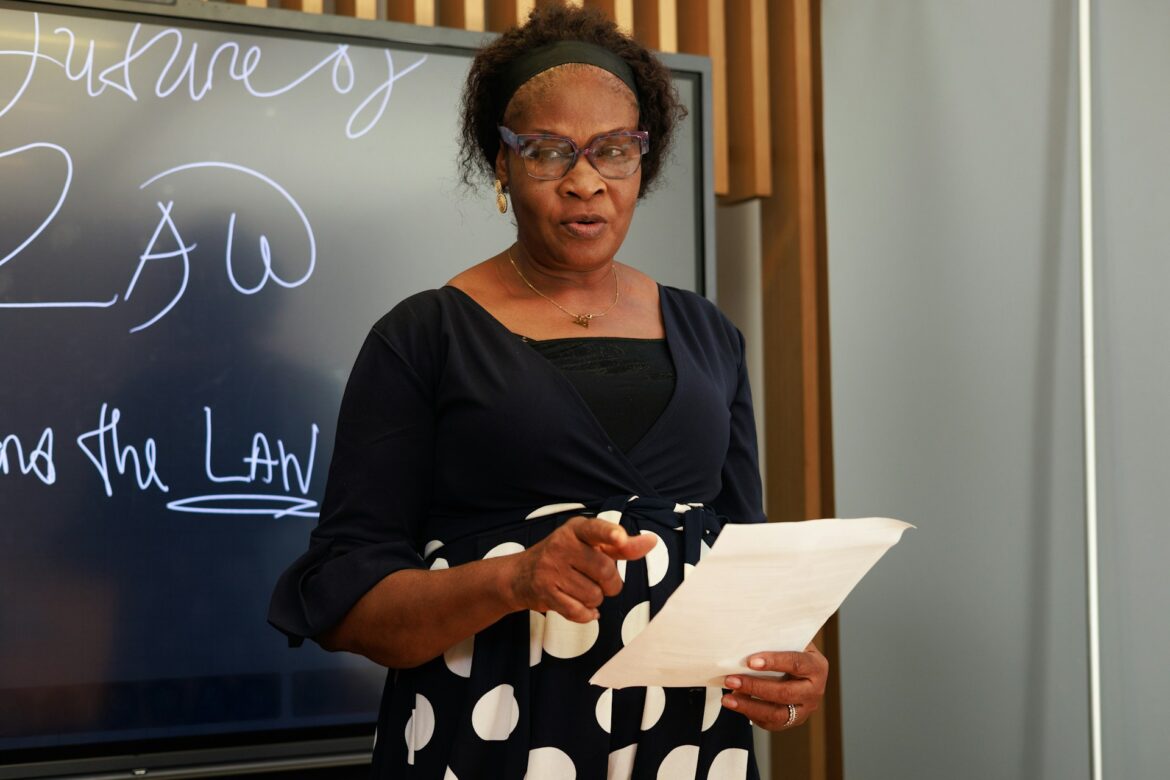By Cornel Grey, Western University; Muna-Udbi Abdulkadir Ali, York University, Canada, and Stephanie Latty, Toronto Metropolitan University
In the wake of George Floyd’s murder in May 2020, a global reckoning on anti-Black racism ignited protests, conversations and demand for action. Across North America, universities scrambled to make public commitments to racial justice. They pledged to make changes and address systemic inequalities.
One of the most significant commitments was what’s known as cluster hiring. Recruiting multiple Black scholars at the same time can foster a thriving intellectual community. Research shows cluster hires improve Black faculty representation and retention.
This strategy can also help combat the isolation, hostility and lack of support that Black faculty often face in predominantly white institutions.
Many universities pledged lofty and hopeful equity initiatives at the time. These included similar commitments to hiring Indigenous faculty in clusters, developing or expanding Black Studies programs and implementing campus-wide anti-racism strategies.
But these pledges now face a challenging landscape.
The United States is witnessing a growing backlash against diversity, equity and inclusion (DEI) and higher education in general. And Canada is not immune.
In Canada, hiring freezes are now gripping several Canadian post-secondary institutions.
As austerity measures as well as political shifts impact students, faculty and administrators, a big question looms. What programs will institutions cut in these times of fiscal restraint and shifting cultural values?
The true test to racial justice committment
In 2020, McGill made a powerful pledge: to hire 40 Black tenure-track or tenured professors by 2025 and 85 by 2032.
According to McGill University, it has increased the number of Black tenure-track or tenured professors from 14 in 2021 to 50 in 2025. This marks a significant step toward addressing longstanding gaps in representation.
But as public support for DEI initiatives wanes and universities face growing financial pressures, will these efforts to build a more equitable faculty be sustained?
Several Canadian universities also pledged to create or expand Black Studies programs.
New programs were launched at Toronto Metropolitan University, Western University, the University of Guelph and the University of Waterloo. Existing initiatives at Queen’s University, Dalhousie University and York were expanded.
Yet the development and funding of Black Studies in Canada largely remains fragile. Administrative support is often lacking and dependent on broader institutional priorities.
Black studies programs are fragile
Disciplines like Black Studies, Indigenous Studies and Gender Studies are not just academic pursuits. They provide students with essential analytical tools to understand our most pressing issues, including economic precarity, the erosion of civil freedoms and land sovereignty.
These university programs are at the forefront of equity education. They are crucial to foster the ability of students and scholars to critically engage with the key challenges we face today.
The U.S. is a warning
Recent developments in the U.S. serve as a cautionary tale. Canadian politicians and agencies often take cues from American trends.
Republican lawmakers have aggressively targeted DEI initiatives on campuses in several states. And new legislation bans race-conscious hiring and rewrites curricula.
Canadian researchers receiving funding from U.S. federal agencies are being pressured to conform their scholarship to the ideological agendas of the White House.
At the University of Alberta, the move away from DEI discourses to more neutral language like “access, community, and belonging” has marked a fundamental shift.
In Alberta, the Provincial Priorities Act (Bill 18) now requires federal research funds to align with provincial government priorities. And in Nova Scotia, Bill 12 threatens to link university funding decisions to the government’s social and economic priorities.
In this climate, ideas of curtailing DEI in research are no longer speculative.
Within these changes are urgent questions about how research and funding agencies like the Social Sciences and Humanities Research Council (SSHRC), Natural Sciences and Engineering Research Council of Canada (NSERC) and Canadian Institutes of Health Research (CIHR) will respond.
Research shows that including DEI frameworks in funding applications has had some positive impacts for researchers in science, technology, engineering and mathematics (STEM) fields, but its focus on personal responsibility and metrics can obscure the deeper forces behind inequality.
Retaining its political edge
Universities often frame their commitments to Black faculty hiring and Black Studies programs as part of broader DEI agendas.
However, as scholars have long pointed out, DEI policies prioritize representation over structural transformation, reducing the presence of Black faculty to a matter of optics rather than a meaningful shift in institutional power.
When Black Studies is treated as an administrative deliverable rather than a radical intellectual tradition grounded in resistance to oppression, it is stripped of its political edge.
Institutional integrity
As Canadian universities face financial pressures and shifting political tides, the commitments will now be put to the test.
Anti-Black racism and equity cannot be a temporary trend that universities go through during times of public scrutiny. It must remain at the core of academic values, regardless of political or financial pressure.
The fight for Black and Indigenous hiring initiatives continues and the 2020-21 promises made by universities need to be held to the highest standard. This is about sustained commitment to structural change in our institutions. The stakes couldn’t be higher.
Cornel Grey, Assistant Professor in Department of Gender, Sexuality, and Women’s Studies, Western University; Muna-Udbi Abdulkadir Ali, Assistant Professor, Black Studies in Geography and Environment, Faculty of Environment and Urban Change, York University, Canada, and Stephanie Latty, Assistant Professor, Department of Criminology, Toronto Metropolitan University, Toronto Metropolitan University
This article is republished from The Conversation under a Creative Commons license. Read the original article.





